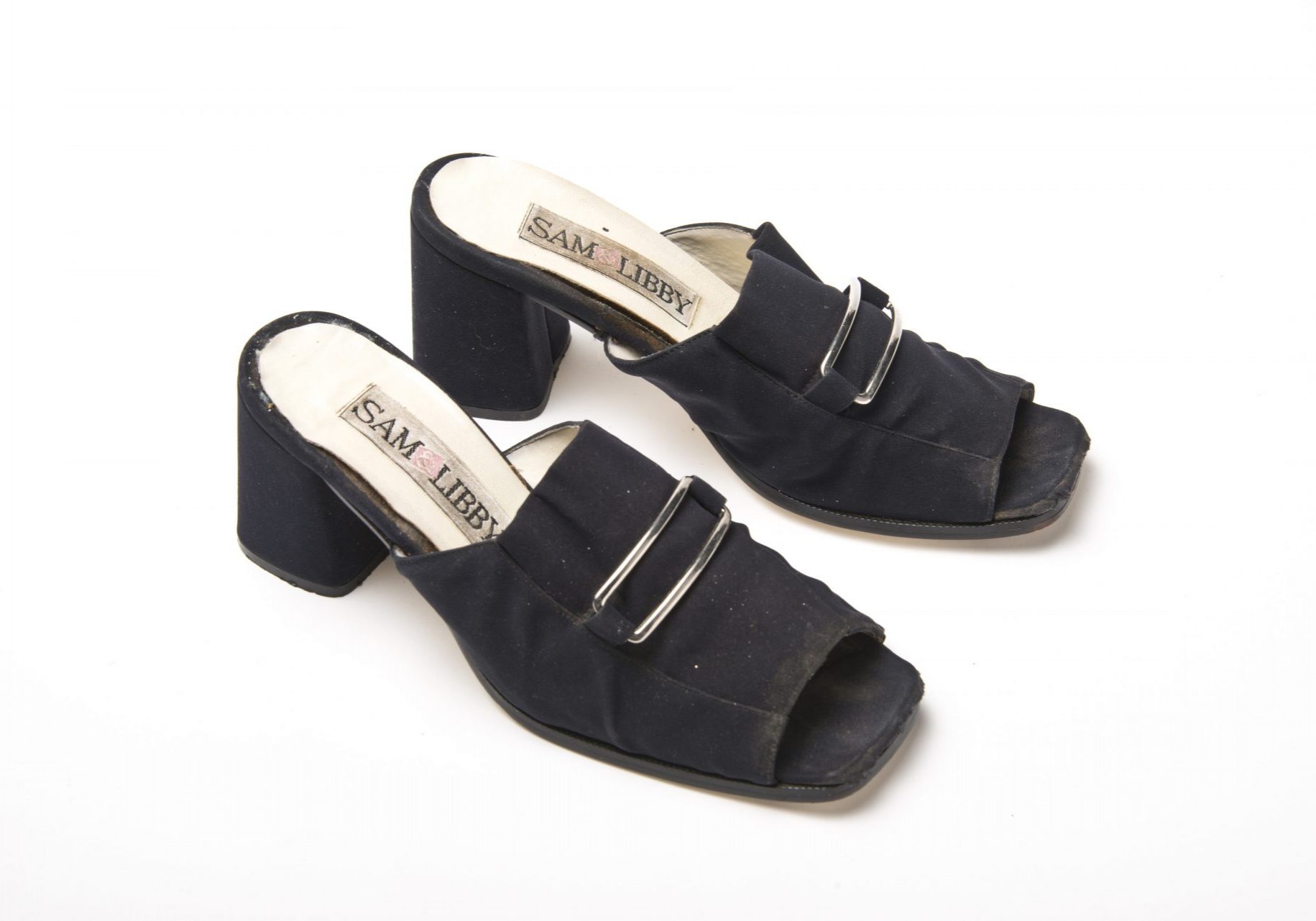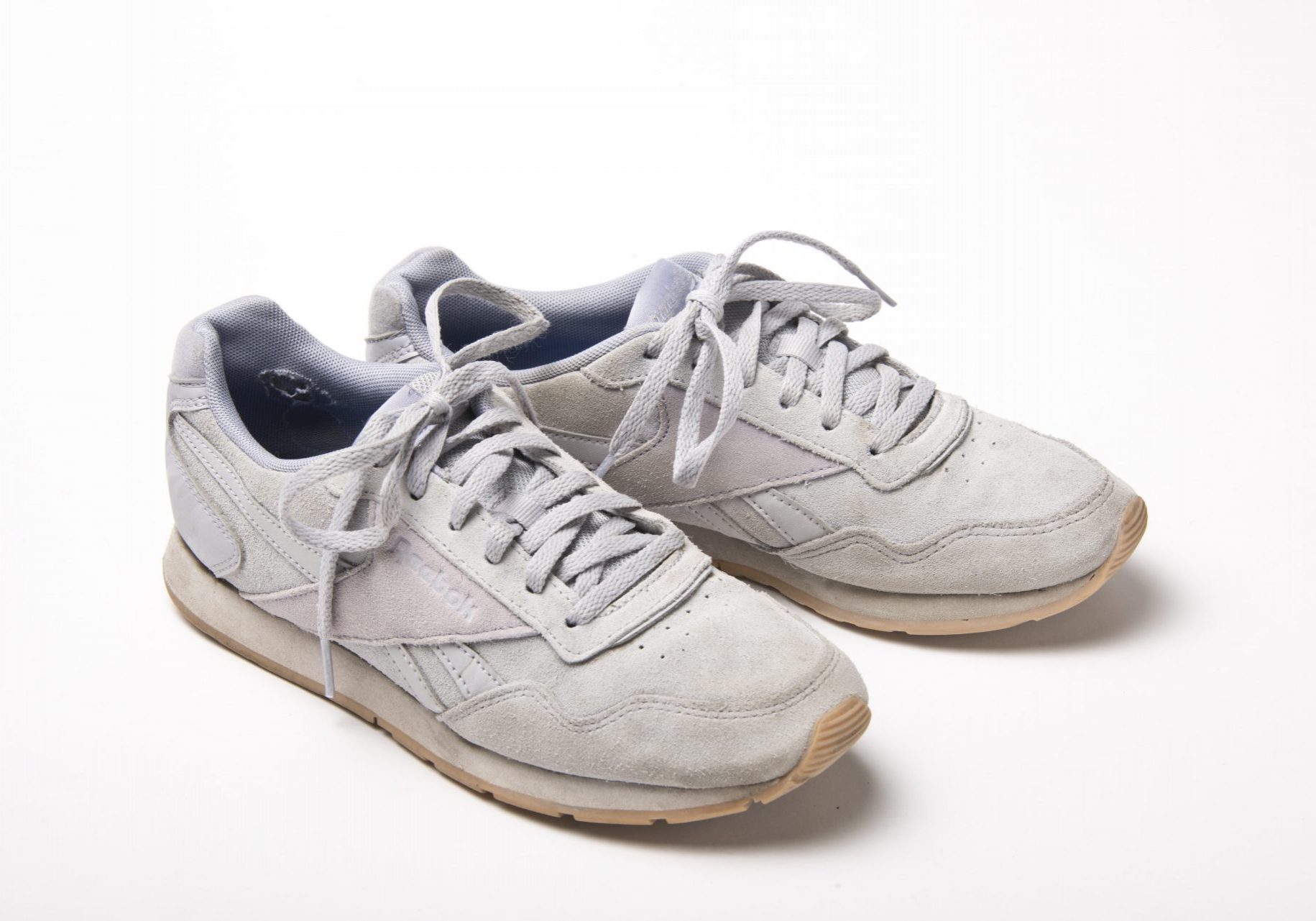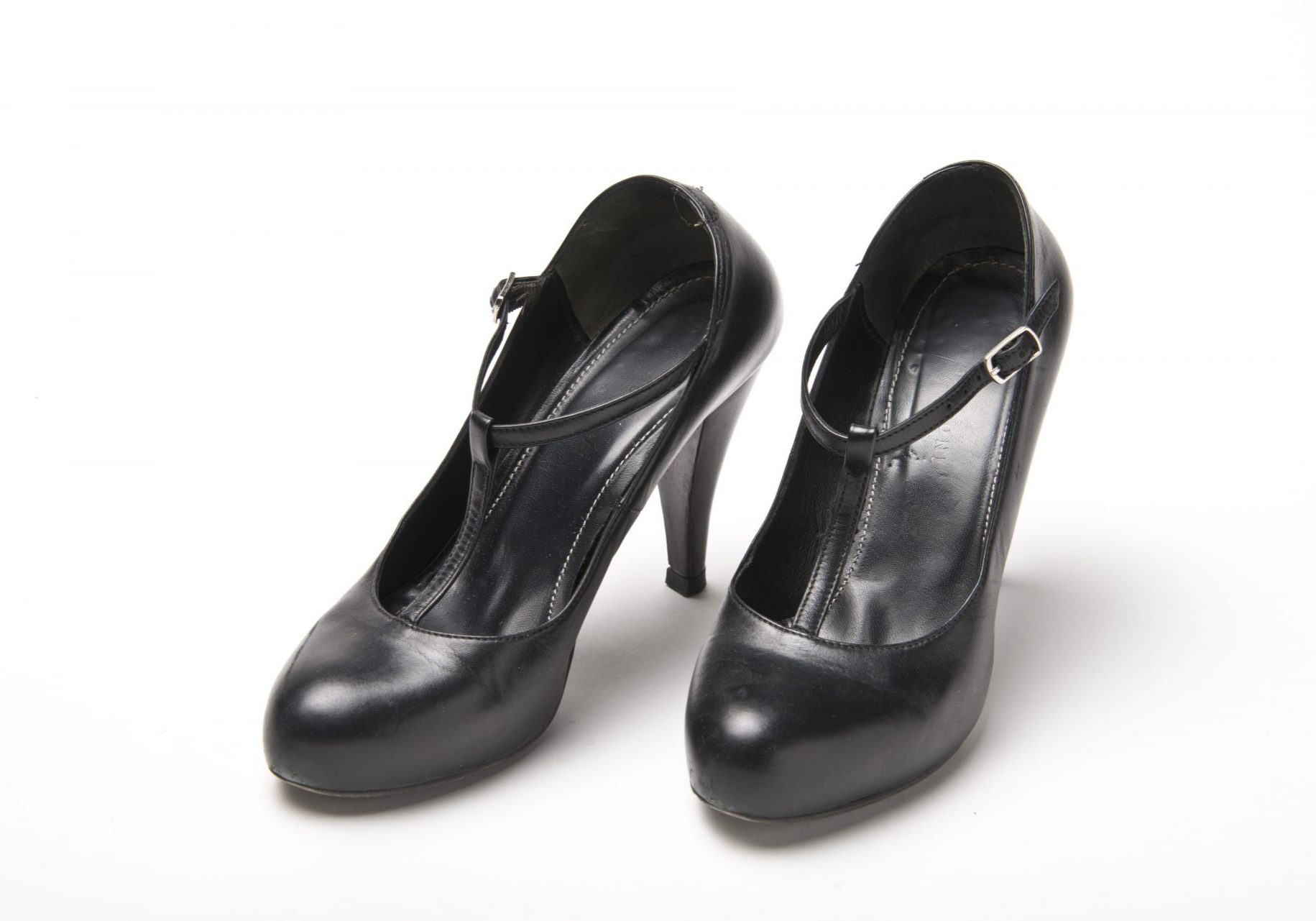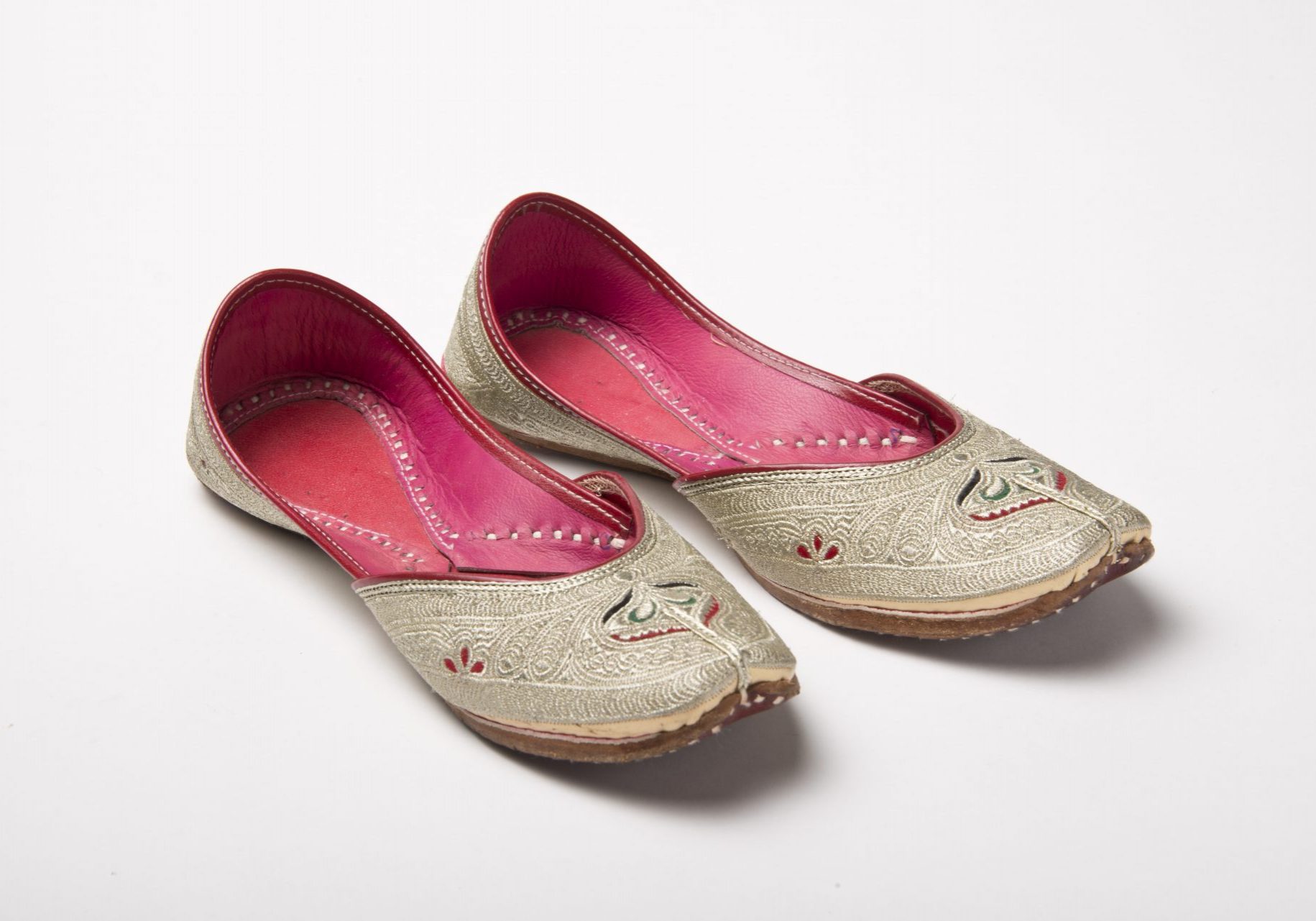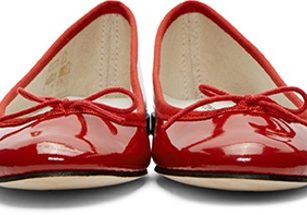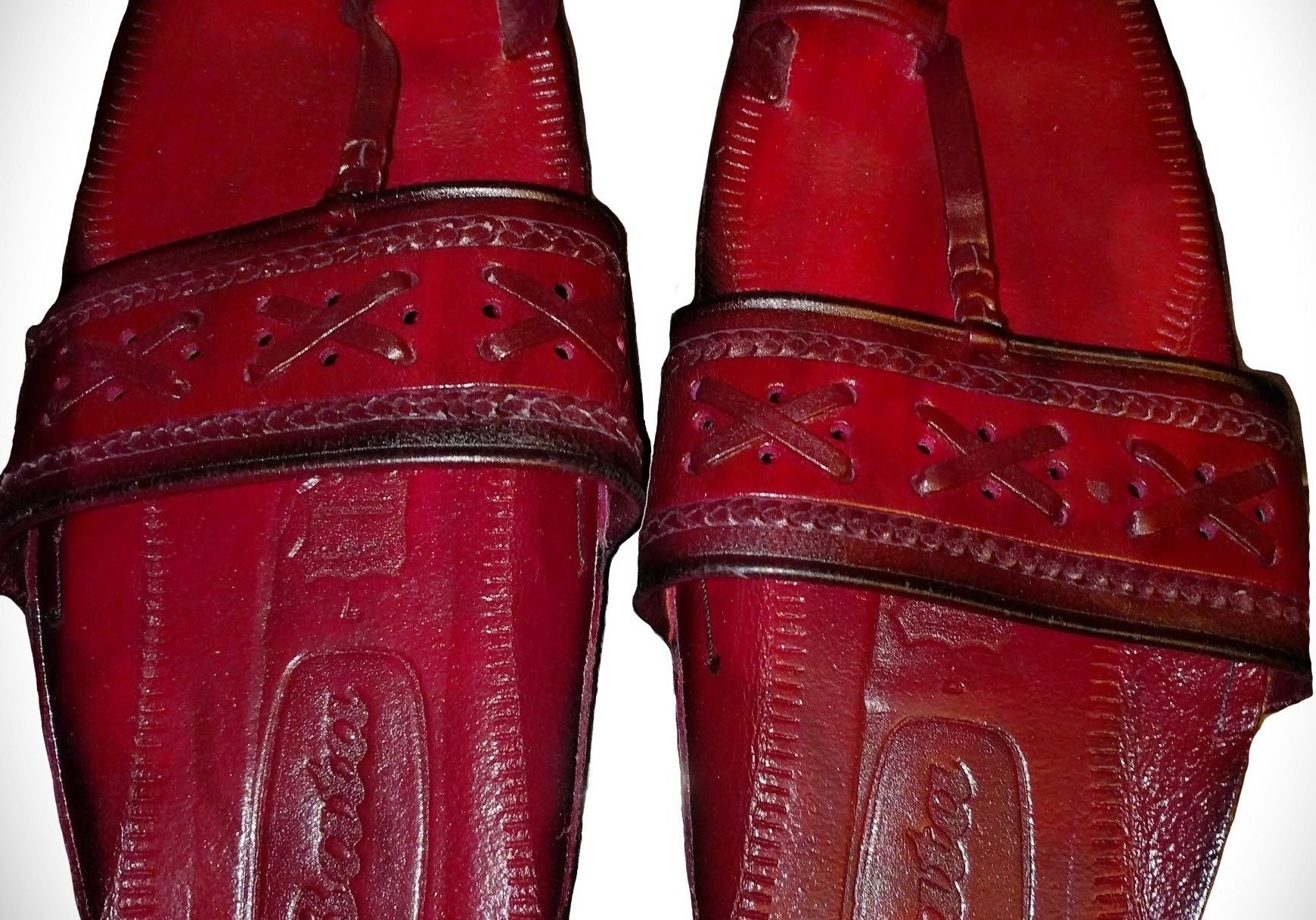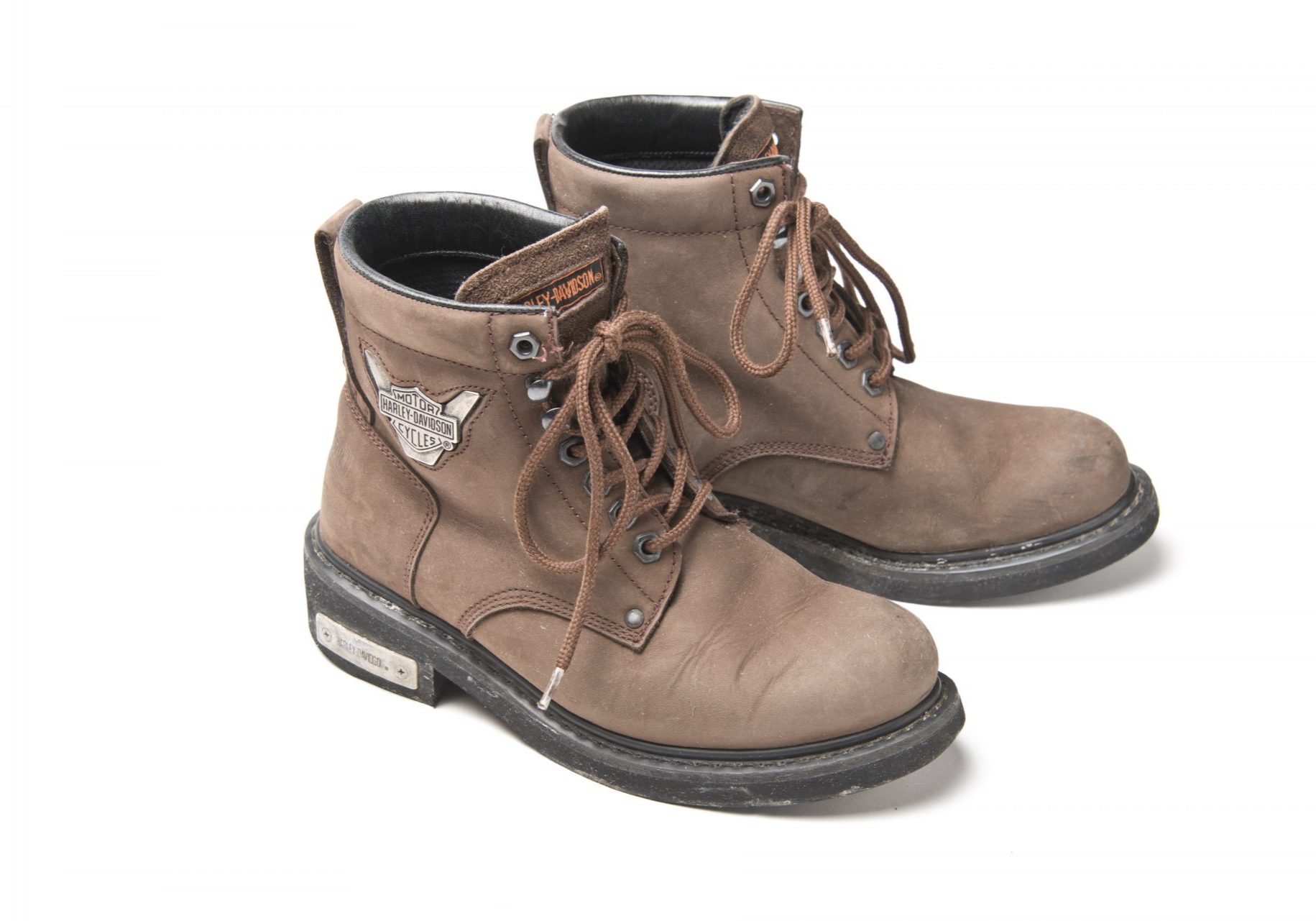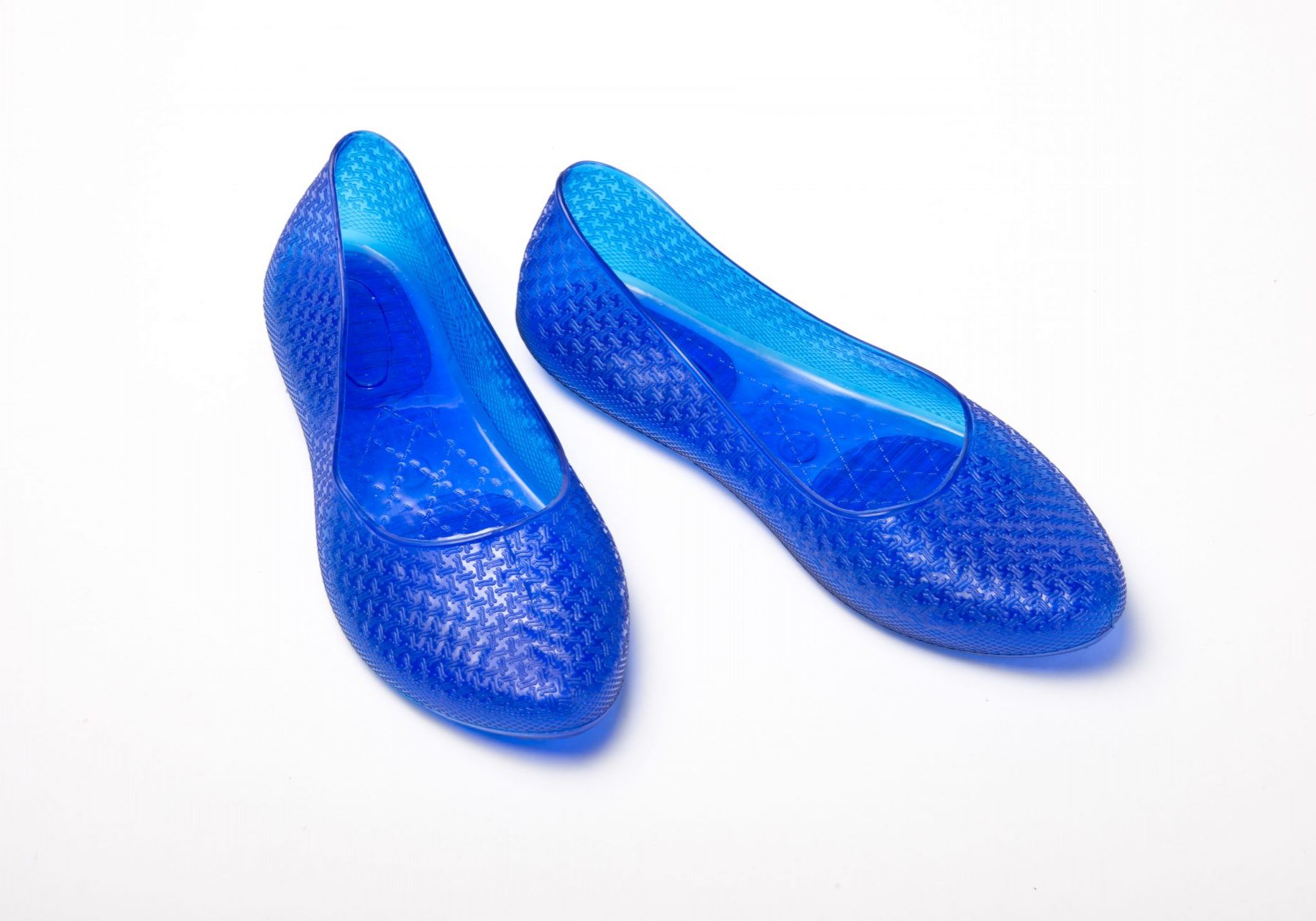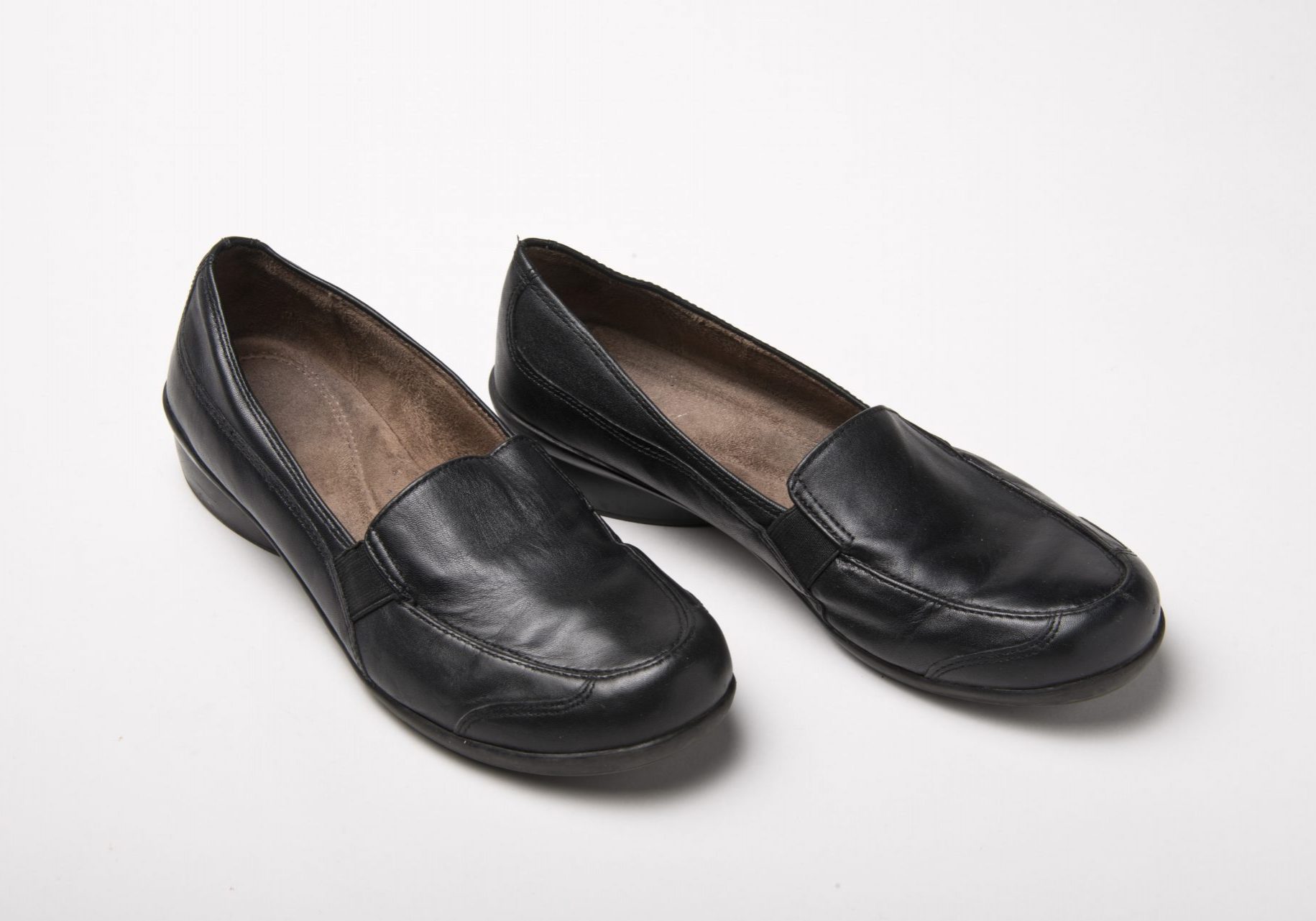In My Softer Shoes
Rhoda Akuol Philip
Summary:
South Sudanese-born Rhoda sees a poster on a Toronto street advertising a run for water infrastructure in East Africa. She buys a pair of running shoes because she knows she must enter the run. She knows about water shortages first-hand — before coming to Canada in 2013, she spent ten years living in a Kenyan refugee camp.
Story:
After a few high fives and hugs, I got my cellphone from my pants pocket, woke my phone screen, and found it was 1:25 p.m. “Wow! I reduced the distance of clean water by five kilometres in just 20 minutes.”
I’m a runner. I love to run for causes that I am passionate about.
Last year, I bought a pair of rubber-soled shoes in preparation for the Rainmaker’s fundraising marathon. Rainmaker is a Toronto-based social enterprise building solar-powered water infrastructure in East Africa regions affected by conflicts and climate change. I saw the Rainmaker’s event posting on my Facebook newsfeed, and I was moved by the title, “Run or walk for clean water where it’s needed most.”
I knew from the get-go what this meant to me. It reminded me of the countless times I would wake up at 5 o’clock in the morning, go to a water point where I would wait in line for hours, getting late for school, and not get any freshwater. My sisters and I would walk from one water point to another as we looked for drinking water for the family while our brothers were in school.
Did you know that the average person in Canada uses 220 litres of water a day? In Kakuma, water is rationed. Sometimes a family gets only 20 litres per day, no matter the size of the family. For those who don’t know, Kakuma is the second-largest refugee camp in Kenya. The camp was established in 1991 to temporarily host the 12,000 Lost Boys of Sudan. However, it has become a permanent settlement for about 200,000 refugees coming from all East African countries.
I realized my memories of drought and water shortages in Kakuma had not been erased, despite the many rainy days I experienced in Vancouver before moving to Toronto last September. Also, I recognized I had become so used to having a water tap nearby—in the washroom, in the kitchen, in the water fountain at the park, and everywhere I go. So, the Rainmaker’s marathon hit me like a wake-up call. I had to put myself in my old shoes for a moment. The old, uncomfortable shoes. I had to live once again the experiences of many young girls who are forced to choose between pursuing drinking water or their education. And I am running to show that I know, and I care. But here in Toronto, I am in different shoes.
The last time I had participated in a long-distance marathon was in 2011 when I was attending a boarding high school. I started training for long-distance races, not for athletic reasons but for opportunities to travel and see other towns in Kenya. I remember, at first, I was very happy when I got the scholarship to attend the boarding school far away from the refugee camp where I had lived for seven years. However, that happiness was short-lived when I arrived at the school. I had to stay there for four months without a visit from family or any means of communication until I returned to the refugee camp for holidays. This felt very isolating.
But I stayed and trained to run in order to win opportunities to travel to different districts and towns for sports competitions. I wanted to see new places and learn new ideas. I raced with my white-striped school shoes that used to make squeaking sounds when my feet were sweating. Realizing that I would be returning to the refugee camp forever after high school, I stopped running physically and shored up my mind to do the running for me. Luckily, I did well in high school, and I got a merit-based academic scholarship to study and live in Canada. Thanks to the World University Services of Canada – Student Refugee Program.
In January 2019, I got my Canadian citizenship and a passport, and I felt relieved. Despite my joy, I will never forget the many challenges and fights over water because there is such a great lack of it. I believe the fight should be to gain more equal opportunities to keep young girls in schools, not on waterpoints.
I feel honoured to support them by putting myself in their shoes, the ones I left behind.
RHODA AKUOL PHILIP holds a Bachelor’s Degree in Business and Technology Management from UBC Sauder School of Business. She is currently enrolled in the Master of Public Policy program at the University of Toronto’s Munk School of Global Affairs and Public Policy. She aspires to contribute to data-informed policy decisions that will empower existing institutions to deliver education, gender equity, and peace and justice to some of the hard-to-reach places. Rhoda has policy interests in technology policy, policy innovation, and refugee/immigration policy.
